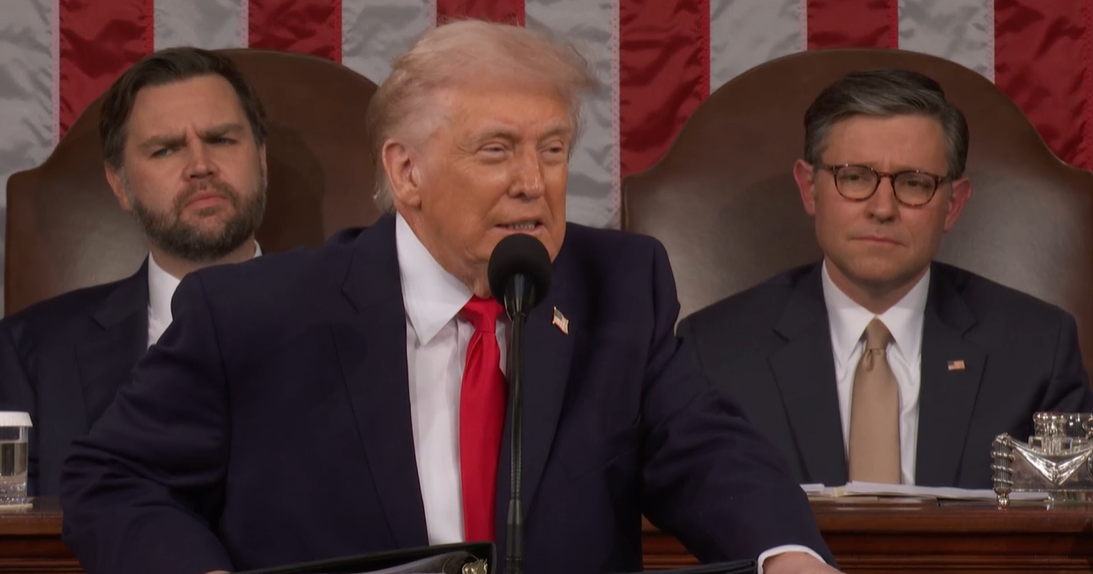Bill requiring handgun buyers to undergo training, be fingerprinted advances
DOVER, De. (AP) -- A Senate bill requiring anyone in Delaware wanting to buy a handgun to first be fingerprinted, undergo training and obtain permission from the state cleared a House committee on Wednesday but will not get a floor vote until lawmakers determine whether the state has enough money to fund it.
The Democrat-led Judiciary Committee voted to release the bill after a lengthy public hearing similar to one conducted in the Senate last month. The legislation was immediately reassigned to the Appropriations Committee for consideration of the price tag that comes with the new permit scheme.
The Appropriations Committee is unlikely to act until members of the budget-writing Joint Finance Committee decide whether to approve funding for the measure. The finance committee meets next week to begin marking up Democratic Gov. John Carney's proposed budget for the fiscal year starting July 1.
With official revenue forecasts declining since Carney unveiled his recommended budget in January, the permit measure will be competing with other spending proposals, including those from lawmakers that were not included in Carney's plan.
"I am hopeful that the Joint Finance Committee will provide the funding for permit-to-purchase so we can send the final bill to Governor Carney to sign into law," House Majority Whip Melissa Minor-Brown, a New Castle Democrat and chief House sponsor of the bill, said after Wednesday's committee vote.
Legislative analysts estimates that the permit program would cost almost $3 million in fiscal 2024 and nearly $8 million in both fiscal 2025 and 2026.
Gun-control advocates say the proposal will help reduce the number of homicides and suicides in Delaware. The mandated training will reduce the numbers of accidental shootings, suicides and gun thefts, according to bill supporters. They also contend that the permit requirement will make it more difficult for people to make illegal "straw purchases" of handguns on behalf of those prohibited by law from possessing them.
Opponents say the bill infringes on the rights of law-abiding citizens and will have no effect on criminals who ignore gun laws and are to blame for the state's gun violence problem.
"They are not going into gun shops to buy guns," said Rep. Bryan Shupe, a Milford Republican.
Critics also argue that a permitting process poses a time-consuming and costly infringement on people wanting to exercise their right to defend themselves with firearms — a right enshrined in Delaware's constitution.
The permit proposal is similar to others introduced by Democrats in recent years, including one that passed the Senate in 2021 but stalled in the House.
The bill prohibits licensed gun dealers, as well as private sellers, from transferring a handgun to any person unless that individual has a "qualified purchaser permit." In order to obtain a permit, a person would have to complete a firearms training course and be fingerprinted by the State Bureau of Identification.
The SBI would have 30 days to investigate the person and grant a permit if the applicant is qualified. The agency would be allowed to retain information submitted by an applicant for an indefinite amount of time.
If a permit is granted, it would be valid for one year. A permit can be revoked, and any guns purchased with it seized, if the director of the SBI later makes a determination "supported by probable cause," that the person poses a danger to himself or others by having a gun.
The bill, which allows up to 18 months for state officials to implement the permitting program, includes exemptions for active and retired law enforcement officers, and for those who already have concealed carry permits. It also provides for vouchers covering the full cost of a firearms training course for individuals with household income at or below 200% of the federal poverty guideline.
Fewer than a dozen other states have similar handgun permit requirements. Gun control advocates say studies suggest that permitting laws are correlated with decreases in gun homicides and suicides.
Critics contend that those studies are flawed and note that the number of murders in neighboring Maryland has steadily increased in the decade since that state enacted its handgun permit requirement.







